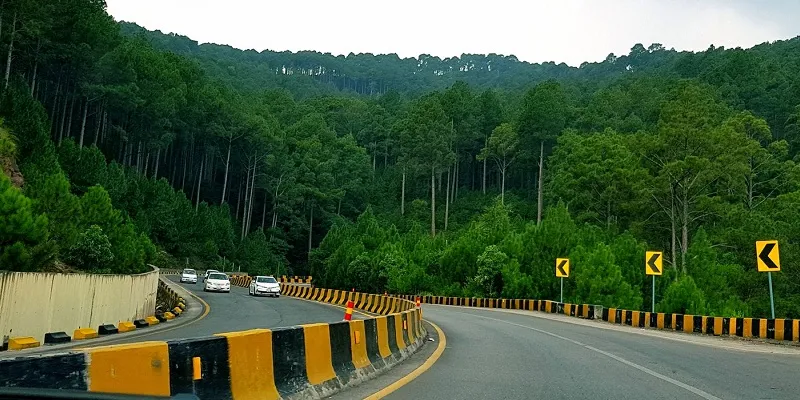Islamabad, Feb 19: The newly formed Murree district is set to undergo a major transformation with the approval of three large-scale development projects. These include the construction of a Judicial Complex, the remodeling of Jhika Gali Bazaar and Chowk, and the expansion of Murree Kachehri Chowk. While authorities claim these projects will enhance the region’s infrastructure and ease traffic congestion, they have sparked concerns among locals over displacement, historical preservation, and loss of ancestral properties.
A major point of contention is the Judicial Complex, which will be built on the site of MC High School in Jhika Gali, a century-old institution established in 1924. The school’s two canals and 15 marlas of land have been transferred to the judiciary, with Rs 500 million allocated for the project.
However, about 200 students currently study at the school, and local social activists argue that demolishing it will disrupt their education. Many have urged officials to find alternative land rather than sacrificing a piece of Murree’s educational heritage.
READ MORE: Arrangements Finalized for Pakistan’s Largest Student Convention & Expo
The Jhika Gali Bazaar and Chowk remodelling, costing Rs 108.86 million, is another project that has triggered concern. Authorities plan to acquire 10 additional kanals of land for a green area and a dual carriageway connecting the chowk with the motorway.
This will result in the demolition of 40 shops, with alternative commercial spaces offered to shopkeepers along the Murree Expressway. However, the notices issued to 1,600 households have caused widespread anxiety among residents, many of whom have lived in the area for generations.
The Murree Kachehri Chowk expansion, the most expensive project at Rs 1.683 billion, has drawn strong opposition from local traders. Many have vowed not to sell their ancestral lands, arguing that development should not come at the cost of historical and cultural identity. Trader leaders, including Noman Abid Abbasi, have demanded the withdrawal of Section 4, a law that enables land acquisition, warning of legal action and protests if forced evacuations take place.
Despite these concerns, Murree Deputy Commissioner Zahid Shirazi has assured residents that the administration will ensure fair compensation and proper relocation. He emphasized that these projects align with the chief minister’s vision for Murree’s modernization, promising that no injustice will be done to the affected communities.
While the government pushes forward with its development agenda, the growing resistance from locals, business owners, and social activists highlights the need for transparent communication and fair negotiations. Striking a balance between modernization and heritage preservation will be crucial in determining whether these projects succeed in truly benefiting Murree’s long-standing communities.









